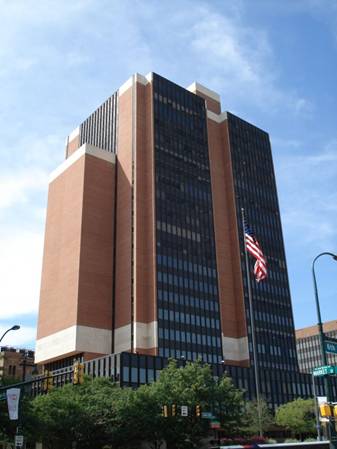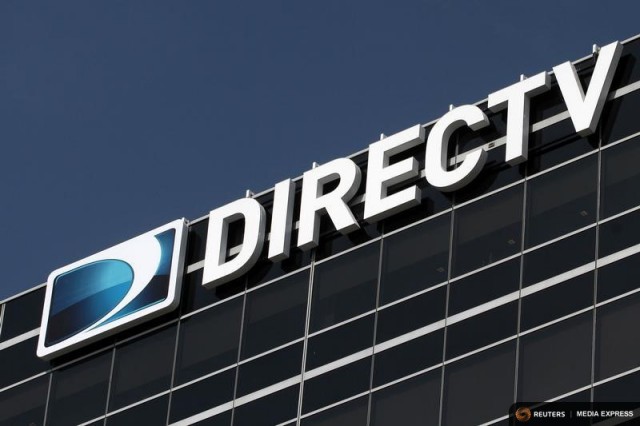 A Philadelphia woman is suing Comcast after its collections department allegedly placed automated calls to her personal cell number once or twice a day for almost nine months to collect a past due cable bill she says was paid in 2011.
A Philadelphia woman is suing Comcast after its collections department allegedly placed automated calls to her personal cell number once or twice a day for almost nine months to collect a past due cable bill she says was paid in 2011.
Kim Elder and her attorney Craig Thor Kimmel from Kimmel & Silverman, P.C., are seeking a refund for the per-minute cell charges incurred answering Comcast’s collection calls, damages of $500 per call for violating the Telephone Consumer Protection Act (TCPA), triple damages of $1,500 per call due to Comcast’s “malicious, intentional, willful, reckless, wanton, disregard” of Elder’s rights, as well as additional injunctive relief if the court finds Comcast’s actions egregious.

James A. Byrne U.S. Courthouse – Philadelphia, Pa.
Elder’s lawsuit states the automated collection calls began in September 2014, always beginning with a pre-recorded announcement stating the call was originating from Comcast. The call would then be transferred to a collection agent seeking payment for a $527 cable television bill. The complaint states Elder paid that bill years ago and repeatedly asked Comcast to stop the calls, but claims they continued daily through at least mid-June of this year.
First enacted in 1991, the TCPA (among other things) regulates telemarketing calls, the use of automated equipment to make calls, use of automated or pre-recorded voices during calls and the means and manner of sending faxes. Ongoing clarifications by the Federal Communications Commission over the years have tightened the rules to close or curtail loopholes and give consumers easier ways to revoke consent for future calls.
A lawsuit decided earlier this month found Time Warner Cable liable to a Texas woman for almost $230,000 in damages for repeatedly calling the wrong number to reach another customer. Because part of the call was automated, and Time Warner did not stop the calls after being asked, a judge used damage provisions in the TCPA to heavily fine the cable company.
Elder’s case was filed in U.S. District Court in Philadelphia — home to both Elder and Comcast’s corporate headquarters.
Cases of this type are usually required to be designated for arbitration within the court system to guarantee a speedy civil trial if Comcast does not privately settle with Elder and her attorney.


 Subscribe
Subscribe

 Charter Communications last week filed its
Charter Communications last week filed its  Time Warner Cable customers in parts of the northeast have noticed their broadband speeds increased slightly over the last several days.
Time Warner Cable customers in parts of the northeast have noticed their broadband speeds increased slightly over the last several days.